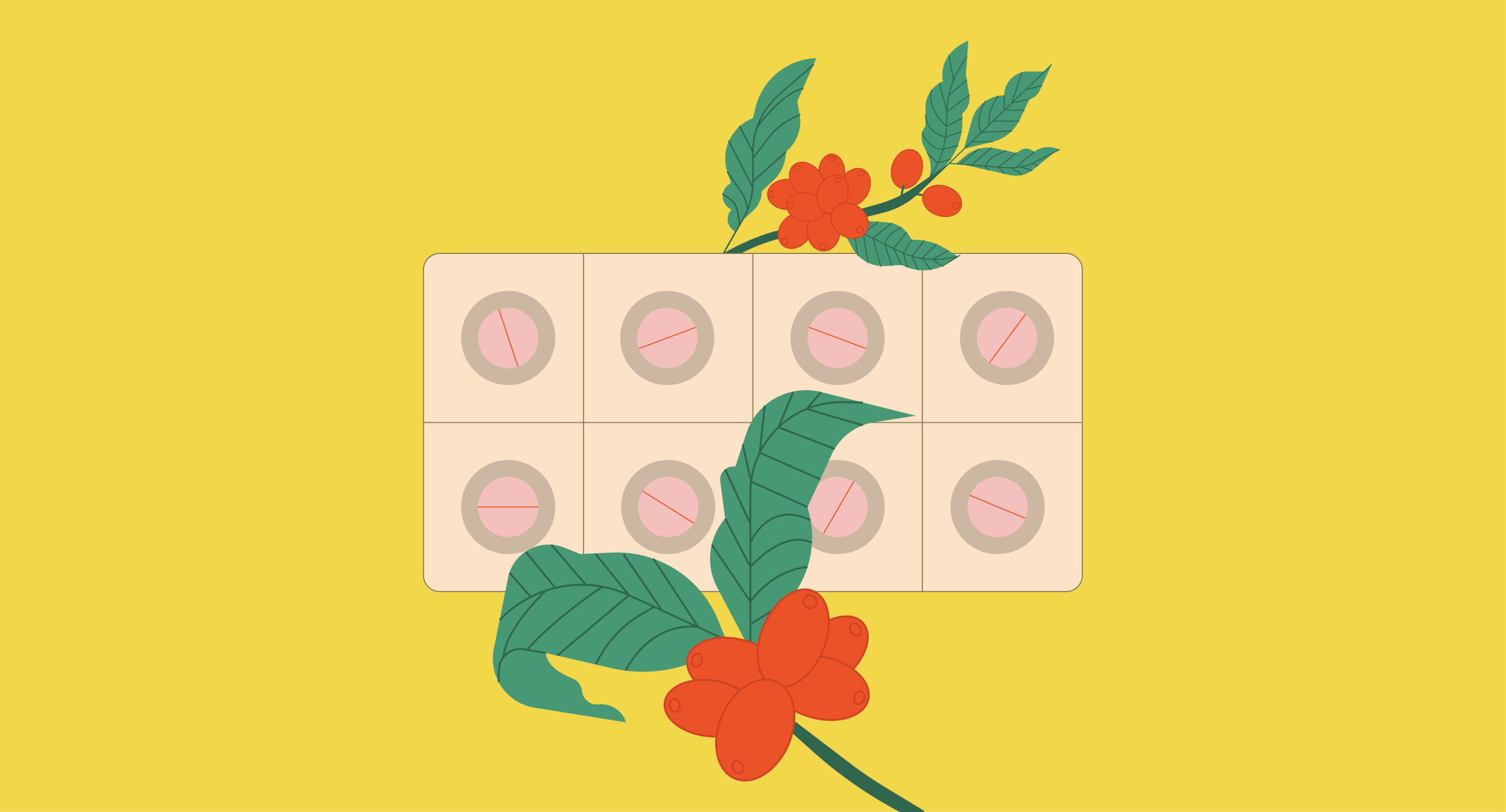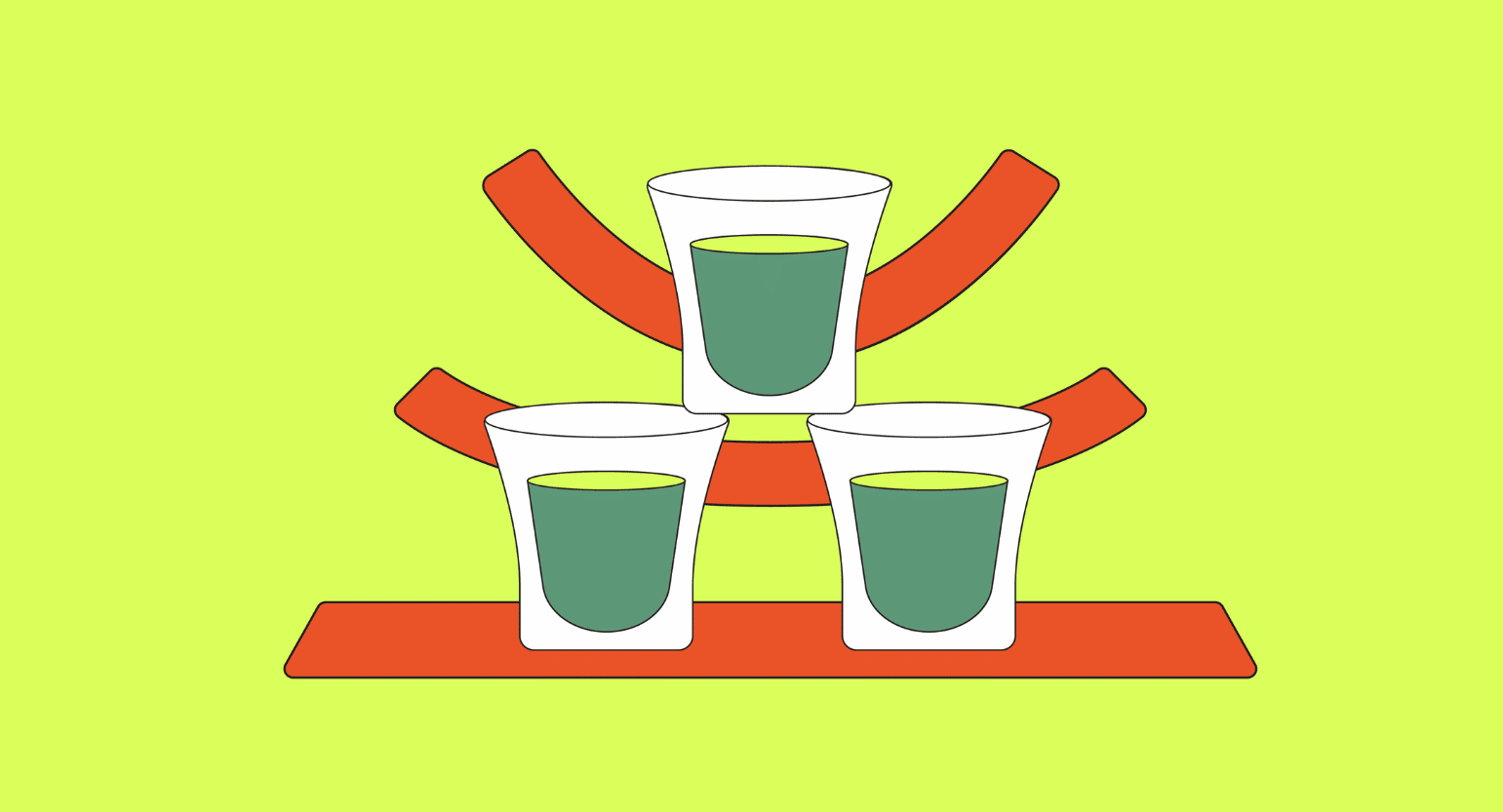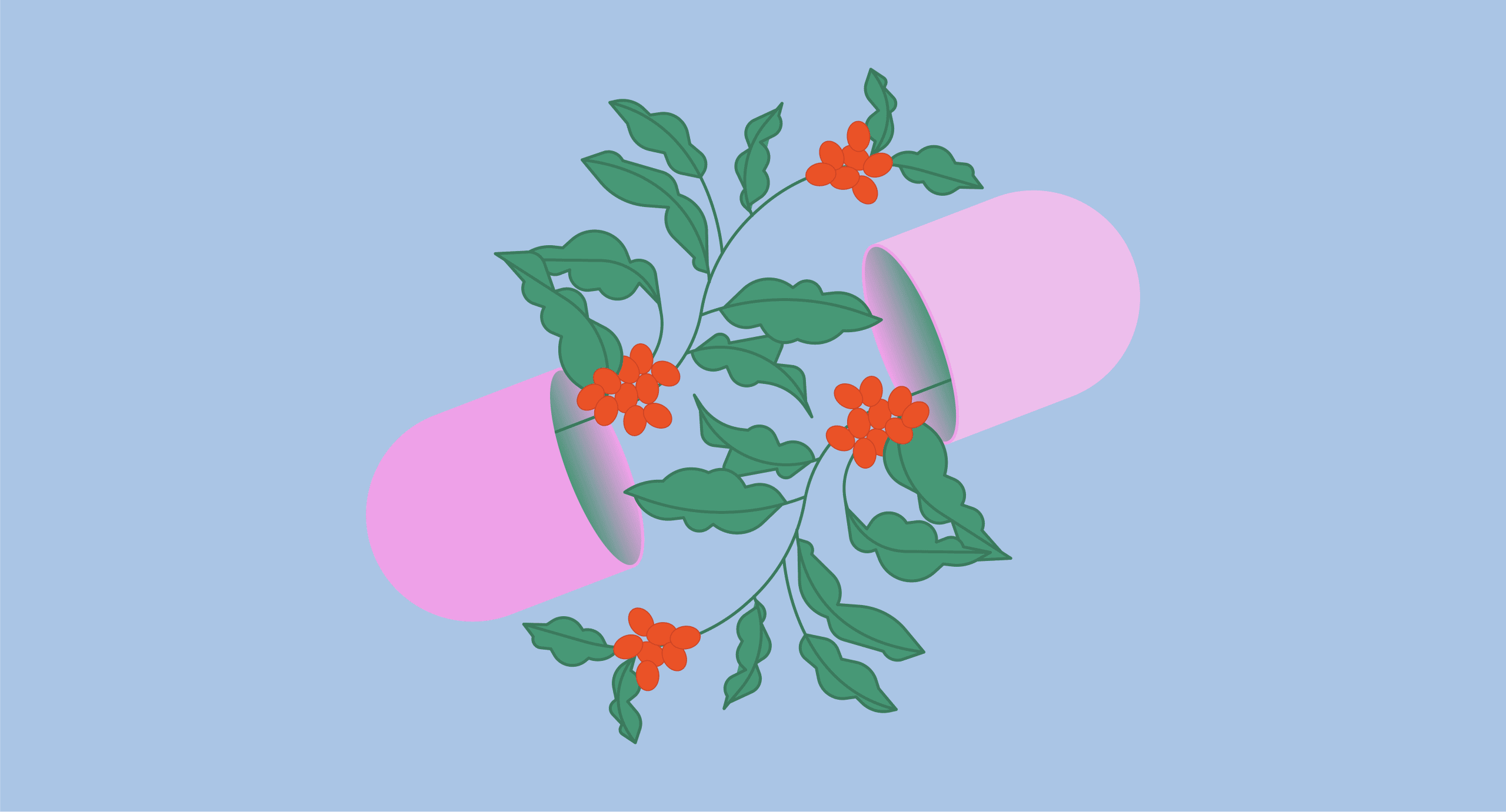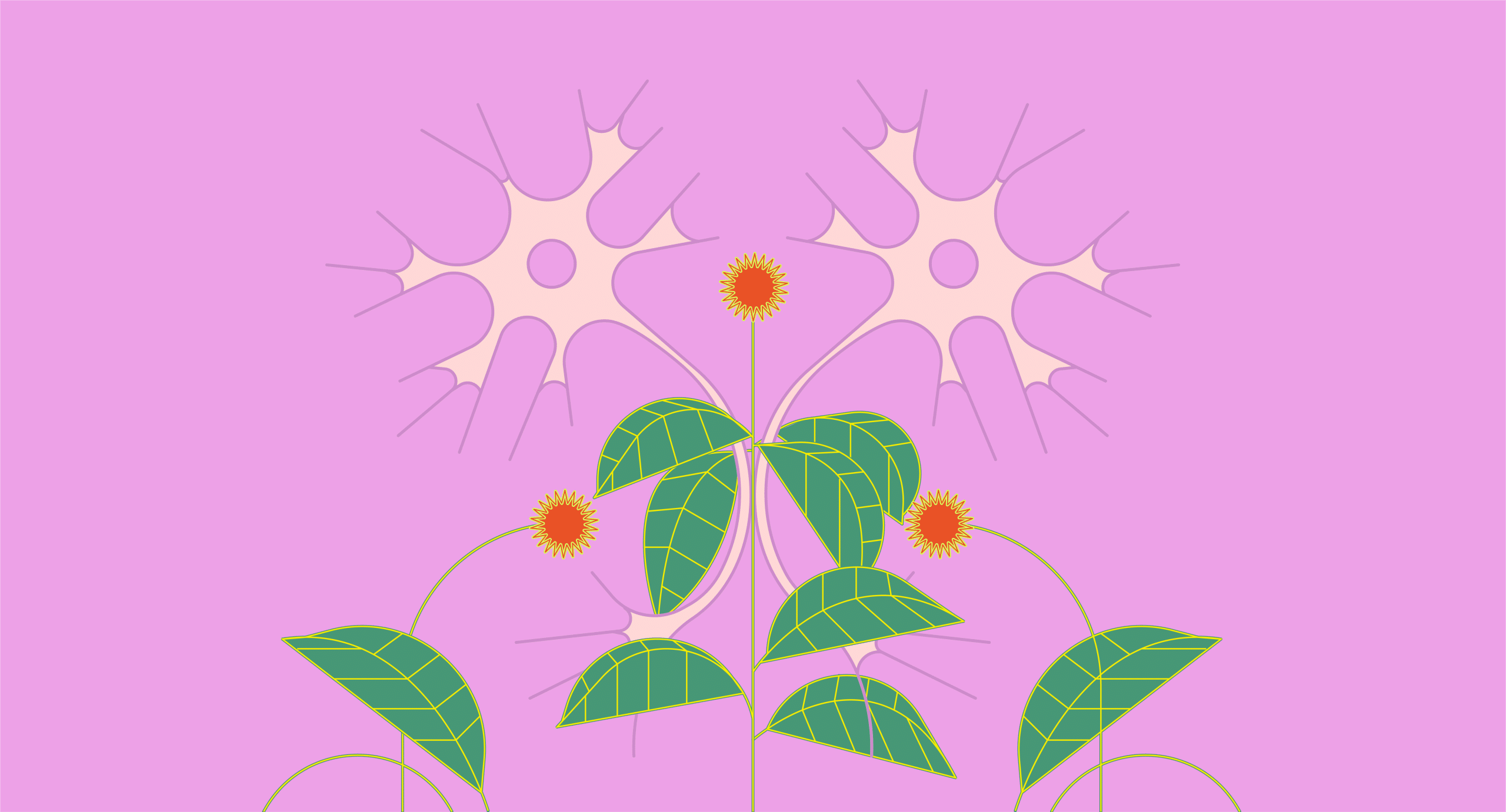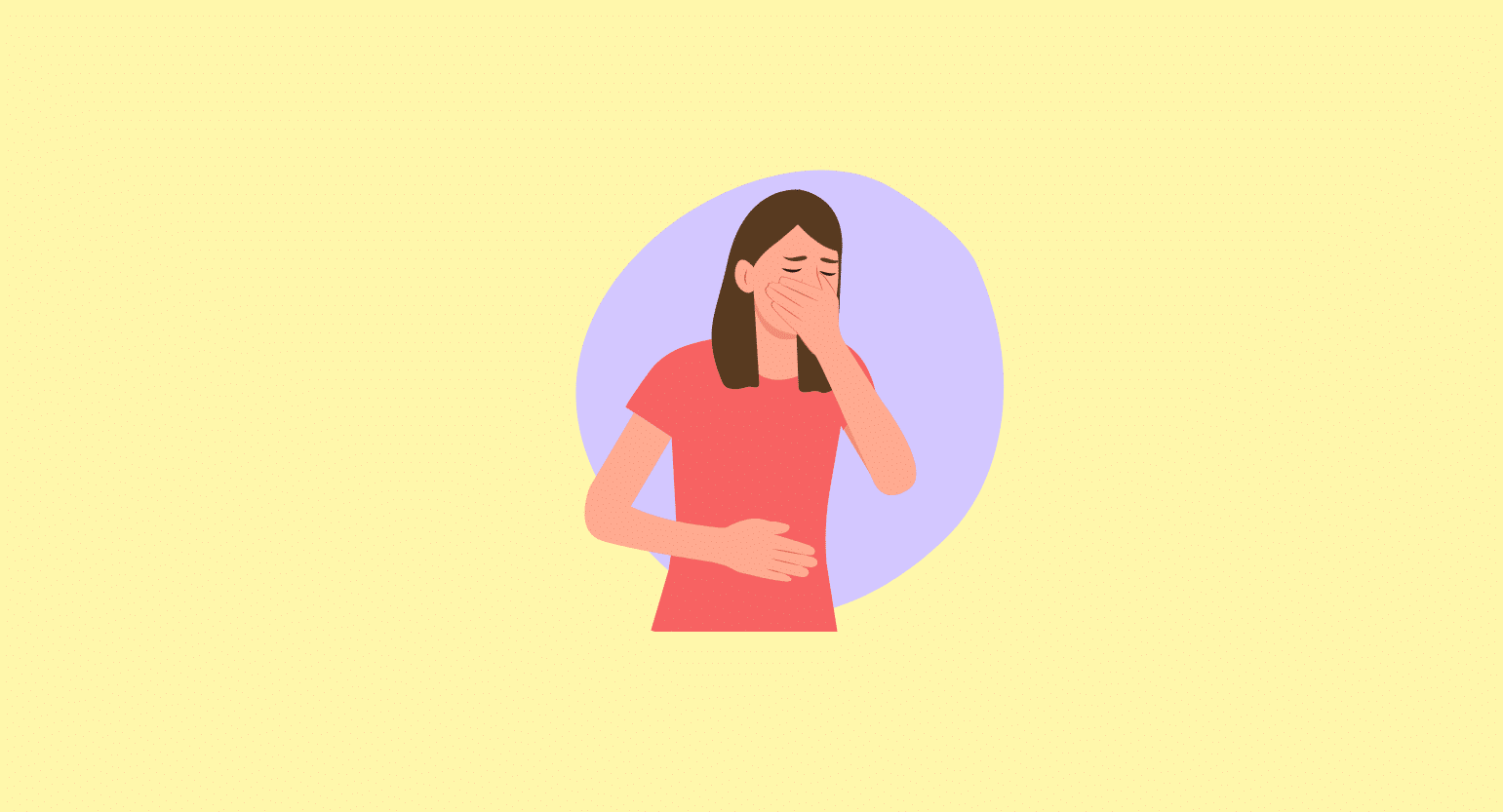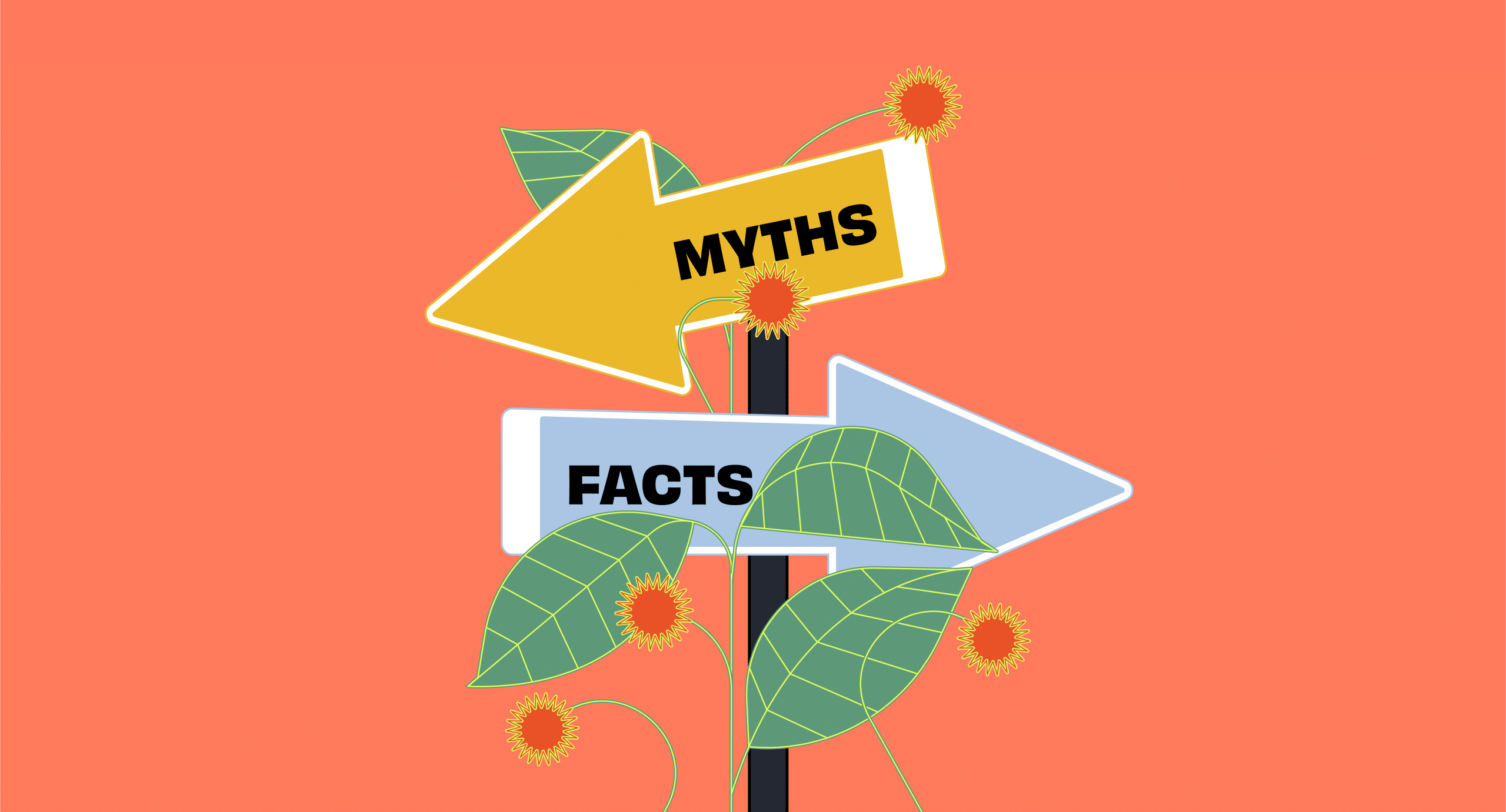Caffeine & Painkillers
Studies have found that caffeine increases the effect of painkillers [1]. Researchers concluded that caffeine increases an analgesic’s performance by a significant percentage — up to 40% [2]. This boost in effectiveness also comes with few side effects.
Caffeine is believed to block pain signals from adenosine receptors. This happens due to the structural similarity between the substance and these receptors, which causes caffeine to inhibit them, effectively reducing pain signaling.
For this reason, some common over-the-counter analgesics currently include caffeine in their formula. It is usually combined with painkilling drugs like acetaminophen (Tylenol) or ibuprofen (Advil and Motrin).
Studies also show that adding 100 mg of caffeine to a standard analgesic dose increases the level of healing reported by patients [3]. Regardless of the pain condition and analgesic used, the result is the same.
It also doesn’t matter if the caffeine is taken separately with a coffee mug or included with the analgesic.
The reasons for this are still somewhat unclear. Still, it has been stated that caffeine helps the medication get into the bloodstream faster and slows the time it takes to leave one’s blood.
Caffeine has mild analgesic effects and enhances mood, which also helps ease pain, particularly in the case of headaches [4, 5].

Is It Safe to Take Caffeine and Painkillers Together?
While mixing caffeine and painkillers should be relatively safe in appropriate doses, a 2007 study recommends against taking large amounts of them together [6].
Acetaminophen, or paracetamol, could cause liver damage when taken alongside significant quantities of caffeine. This toxic interaction can happen when drinking caffeinated beverages or when taking medications with caffeine.
The researchers found that caffeine almost triples the quantity of a toxic byproduct called N-acetyl-p-benzoquinone imine — or NAPQI. This compound is created by enzymes while breaking down acetaminophen.
Under conditions where NAPQI is not effectively detoxified, it causes severe damage to the liver, which becomes apparent 3 to 4 days after ingestion. This could even result in death from fulminant liver failure in extreme cases.
Interestingly, health experts warned that taking acetaminophen alongside excessive amounts of alcohol could trigger toxic interactions and cause liver damage. Still, this was the first time scientists reported a harmful interaction with caffeine.
In previous studies, the same researchers stated that large doses of caffeine could increase the severity of liver damage in mice with acetaminophen-induced liver damage, which supports the 2007 finding.

Is Caffeine Safe?
Caffeine consumption is generally considered safe, though habit-forming. Like with most other substances, too much caffeine could harm your health.
Up to 400 milligrams of caffeine daily should be perfectly safe for most healthy adults. That’s about the amount of caffeine in four cups of coffee, two energy drinks, and ten cans of cola.
Although caffeine use is safe for adults, children should avoid it. Moreover, young adults and adolescents should be cautioned about excessive caffeine intake and the dangers of mixing caffeine with alcohol or other substances.
In addition, women who are pregnant or trying to become pregnant should limit their caffeine intake to less than 200 mg daily.
You should avoid taking caffeine with:
- Ephedrine — could increase your risk of high blood pressure, heart attack, or stroke.
- Theophylline — a medication with caffeine-like effects, which can exacerbate caffeine’s side effects, such as nausea and heart palpitations.
- Echinacea — this herbal supplement may increase the concentration of caffeine in your blood, causing unpleasant effects.

Are Painkillers Safe?
No medicine is completely safe, and painkillers are no exception. In fact, non-steroid anti-inflammatory drugs (NSAIDs), such as ibuprofen and aspirin, cause many hospital admissions in the US — mainly due to bleeding, stroke, and kidney damage.
Moreover, 100,000 hospitalizations and 17,000 deaths are attributed annually in the US to NSAIDs. Even paracetamol, considered one of the safest drugs for pain, can cause liver damage and failure.
Then there are powerful opioid painkillers, such as morphine, codeine, and methadone, which people sometimes misuse to get high.
These are alarmingly addictive, causing intense withdrawal symptoms, and are responsible for an increasing number of deaths in the country.
Prescription medications for pain can also cause side effects, such as:
- Blurred vision
- Constipation
- Dry mouth
- Fatigue
- Headaches
- Insomnia
- Nausea
Many people in the US and worldwide opt for natural alternatives to these pain medications. These replacements still need further testing and studies corroborating their safety, yet some — like kratom — already show outstanding promise.
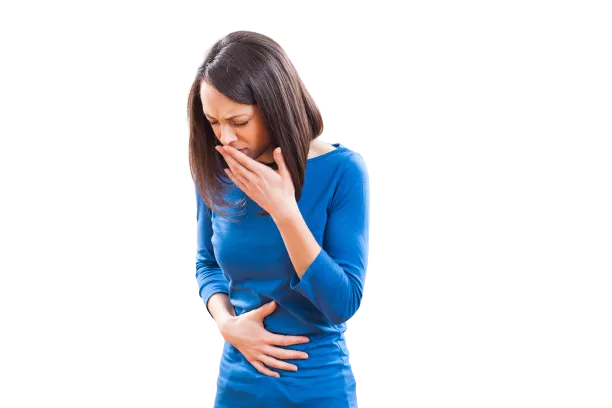
Natural Alternatives for Pain
If you are suffering from pain, adding natural herbs to your regimen may help ease discomfort [7]. Paired with a nutritious diet, regular exercise, and good posture, you can reduce pain and help prevent future problems.
Natural pain-relievers to consider:
- Boswellia
- Devil’s Claw
- Ginger
- Turmeric
- White Willow Bark
Kratom is another solid option to consider, a herb that is becoming tremendously popular worldwide because of its effectiveness and accessibility.
This herb has alkaloids, like 7-hydroxymitragynine, that provide pain relief, while others, like mitragynine, give an energy boost. This means that it can relieve physical pain without causing any drowsiness.
Some kratom strains, particularly red-veined ones, are potent painkillers with even stronger effects than analgesic drugs.
Furthermore, kratom has much fewer side effects, though there is the potential for addiction if it’s misused. Caffeine in excess may cause stomach aches, acid reflux, and other unpleasant side effects. In addition, taking painkillers through pills may be hard on the liver and cause dry mouth, constipation, or fatigue.
Related: Is Kratom An Opioid?

Conclusion: Does Caffeine Boost Painkiller Effectiveness?
Caffeine does increase painkillers’ effectiveness and gives you an energy boost that will counter the drowsiness usually induced by analgesics. However, some people may suffer adverse effects when taking pills, while others would rather outright avoid caffeine.
Fortunately, multiple natural alternatives are at your disposal. We thoroughly recommend giving kratom a try, which is easily accessible and legal in most states. Should you want to try it, always choose reputable, trustworthy vendors like Kona Kratom.
You should avoid ingesting large amounts of paracetamol and caffeine — or alcohol — as their interaction could cause liver damage and failure.
- Baratloo, A., Rouhipour, A., Forouzanfar, M. M., Safari, S., Amiri, M., & Negida, A. (2016). The role of caffeine in pain management: a brief literature review. Anesthesiology and pain medicine, 6(3).
- Laska, E. M., Sunshine, A., Mueller, F., Elvers, W. B., Siegel, C., & Rubin, A. (1984). Caffeine as an analgesic adjuvant. Jama, 251(13), 1711-1718.
- Derry, C. J., Derry, S., & Moore, R. A. (2014). Caffeine as an analgesic adjuvant for acute pain in adults. Cochrane Database of Systematic Reviews, (12).
- Bellar, D., Kamimori, G. H., & Glickman, E. L. (2011). The effects of low-dose caffeine on perceived pain during a grip to exhaustion task. The Journal of Strength & Conditioning Research, 25(5), 1225-1228.
- Ward, N., Whitney, C., Avery, D., & Dunner, D. (1991). The analgesic effects of caffeine in headache. Pain, 44(2), 151-155.
- Michael D. Cameron, Bo Wen, Arthur G. Roberts, William M. Atkins, A. Patricia Campbell, and Sidney D. Nelson (2007). Cooperative Binding of Acetaminophen and Caffeine within the P450 3A4 Active Site, 1434-1441.
- Maroon, J. C., Bost, J. W., & Maroon, A. (2010). Natural anti-inflammatory agents for pain relief. Surgical neurology international, 1.

